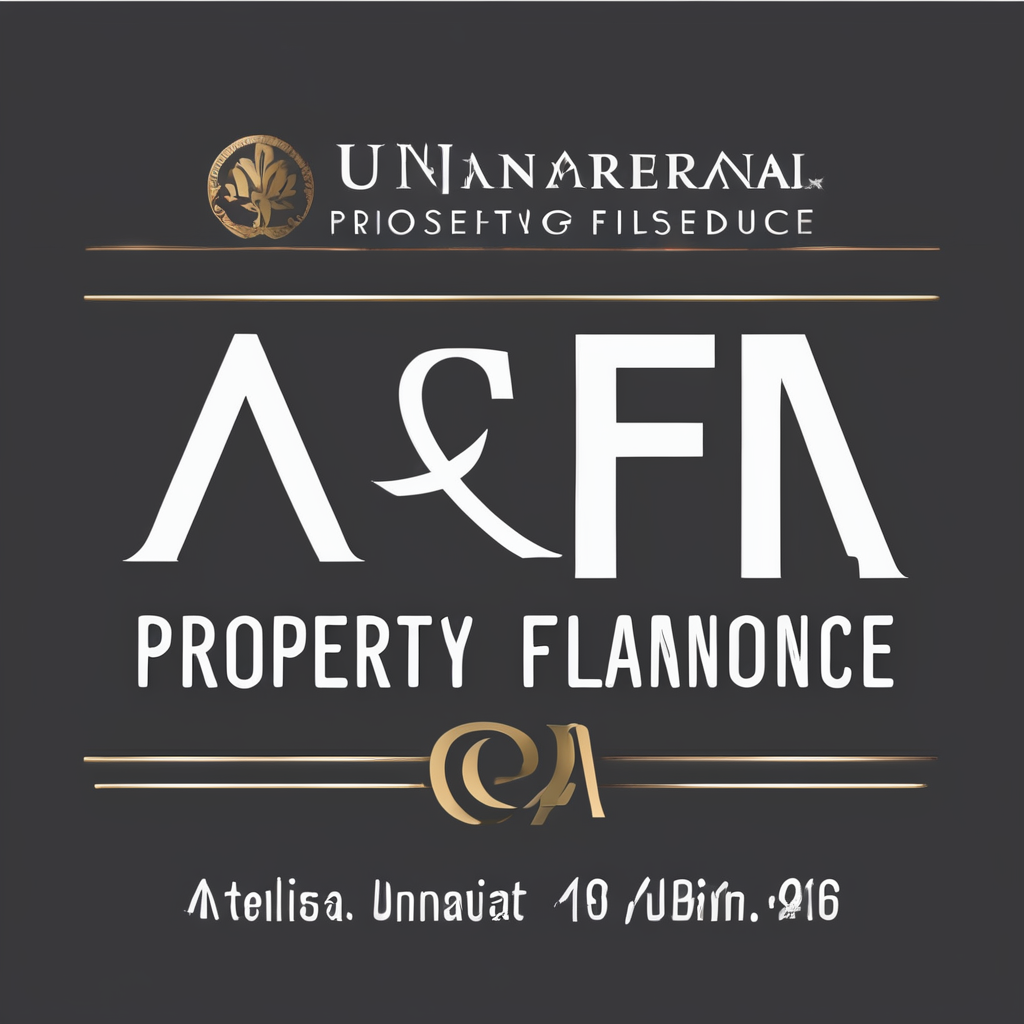In the world of investment, one fact remains unchallenged, and that is the potential of property to yield significant returns. Of course, the UK property market is no exception. As investors, though, there’s more to the game than just numbers. Ethical considerations are increasingly taking the centre stage, impacting your decisions and strategies. But what exactly does ethical property investment entail in the UK? This article delves deep into this topic, shedding light on the key ethical aspects of investing in the UK property market.
Trust, Transparency and Law
Trust, transparency, and adherence to the law form the backbone of any ethical investment. These factors are non-negotiable, and failure to heed them will not only tarnish your reputation but also run you afoul of the law.
Sujet a lire : How can UK property developers utilize green financing options?
In the UK property market, investors are mandated to follow the rules that govern property transactions. Whether it’s a commercial or residential property, there are legal procedures to be followed, from completion of due diligence to signing of contracts. The law demands transparency at every step of these processes.
Trust is an equally critical element. Your stakeholders, from tenants to financial partners, expect you to act in good faith. Misleading them or withholding critical information will erode their trust, potentially stalling your investment venture. Bottom line, it’s essential to respect the property law and uphold trust and transparency in all your dealings.
En parallèle : What are the financial benefits of installing renewable energy systems in UK properties?
Social and Environmental Impact
Social and environmental considerations are integral aspects of ethical investing. As investors, it’s crucial to understand the social and environmental impact of your properties. This ranges from the property’s energy efficiency to its impact on the local community.
Housing is a basic human right, and as property investors, you have a direct influence on this. In fact, the kind of housing you provide, and its affordability, can dramatically impact the lives of residents and the wider community. Therefore, it’s important to balance profit-making with social responsibility.
On the environmental front, sustainable and green property investments are gaining traction. Eco-friendly buildings not only reduce your carbon footprint but also appeal to a growing demographic of environmentally-conscious tenants and buyers.
The Ethical Investment Funds
In recent years, the emergence of ethical investment funds has transformed the landscape of the UK property market. These funds primarily invest in properties that adhere to strict social, environmental, and governance (ESG) criteria, championing sustainability and ethical practices.
Ethical investment funds offer an avenue for investors to align their financial goals with their ethical values. However, it’s important to thoroughly assess these funds before investing. Understanding their ESG criteria, investment strategy, and past performance will help you make an informed decision.
Risk Management
Risk management is an indelible part of investing. However, in the context of ethical investing, this takes on a broader perspective. Besides the financial risk, ethical investors also need to consider the ethical risk associated with their property investments.
Ethical risk can stem from various sources, from the violation of property laws to environmental damage or social injustices. These risks not only undermine your ethical stance but can also adversely affect your financial returns. For instance, properties associated with social injustices can face backlash from the public or tenants, leading to reputational damage and loss of income.
Therefore, a comprehensive risk management strategy is crucial. This involves identifying potential ethical risks, assessing their potential impact, and implementing measures to mitigate them.
Ethical Companies and Service Providers
Lastly, the companies and service providers you engage with reflect on your ethical stance as an investor. Whether it’s the property management company or the construction firm, their ethical record plays a role in your overall ethical profile.
In the UK property sector, several companies have distinguished themselves through their commitment to ethical practices. Whether through fair employment policies, sustainable practices, or social initiatives, these companies set the bar high for ethical standards. Associating with such companies can boost your ethical profile and contribute to sustainable and ethical property investment.
In conclusion, ethical considerations in UK property investment span across various dimensions, from trust and law to social and environmental impact. By understanding and integrating these elements, you can align your investment portfolio with ethical standards, creating a positive impact while ensuring sound financial returns.
Making Profits While Promoting Fair Housing
The goal of any investment is to rake in profits, but ethical property investment goes beyond that. It balances profit-making with social responsibility. Providing affordable and decent housing is a fundamental aspect of ethical investing in the UK property market.
Investors have a responsibility to ensure that their properties are habitable and reasonably priced. Overcharging tenants or neglecting maintenance and repairs is not only legally unacceptable, but it also defies the principles of ethical investment.
In addition to that, investors should consider the impact of their properties on the local communities. For instance, investing in social housing can significantly benefit lower-income families, contributing to community cohesion and economic stability.
Moreover, the issue of homelessness in the UK cannot be ignored. Ethical investors can play a part in addressing this issue by investing in affordable homes, thus promoting fair access to housing.
Ethical property investment is not about compromising profits but rather about long-term thinking. A happy, stable tenant means secure rental income and potentially less damage and disputes. Therefore, promoting fair housing can indeed be profitable in the long term.
Investing Responsibly: Addressing Climate Change
Climate change is a global concern, and the UK property sector cannot afford to turn a blind eye. Responsible investment requires considering the environmental impact of your properties.
Investors should be proactive in ensuring that their properties are energy efficient. This can be achieved through various means such as investing in renewable energy sources, improving insulation, or opting for energy-efficient appliances.
Moreover, buildings contribute significantly to carbon emissions, hence the need for sustainable construction practices. Ethical investors should consider how their properties are built, prioritizing sustainable materials and construction methods.
Furthermore, environmental consideration extends to the property’s location. For instance, investing in properties in flood-prone areas not only exposes you to financial risk but also contributes to environmental degradation.
Beyond just being the right thing to do, environmentally-friendly property investment can have financial benefits. With the growing awareness about climate change, many tenants and buyers are looking for green properties. Therefore, sustainable properties can command higher prices and attract quality tenants.
Conclusion
In a nutshell, ethical considerations in the UK property market go beyond just adhering to legal requirements. It’s about investing responsibly, considering the social and environmental impact of your property investments. It’s about providing fair housing, promoting community welfare, and combating climate change.
However, ethical investing is not a charity; it’s a sustainable approach to investment that can yield significant returns in the long term. By aligning your investment strategies with ethical practices, you can navigate the UK property market with a clear conscience, knowing you’re making a positive impact while also making profits.
Remember, when it comes to investing, your ethical stance is not just about you as an investor; it’s a reflection of your values, your reputation, and your legacy. Therefore, investing ethically is investing wisely.






